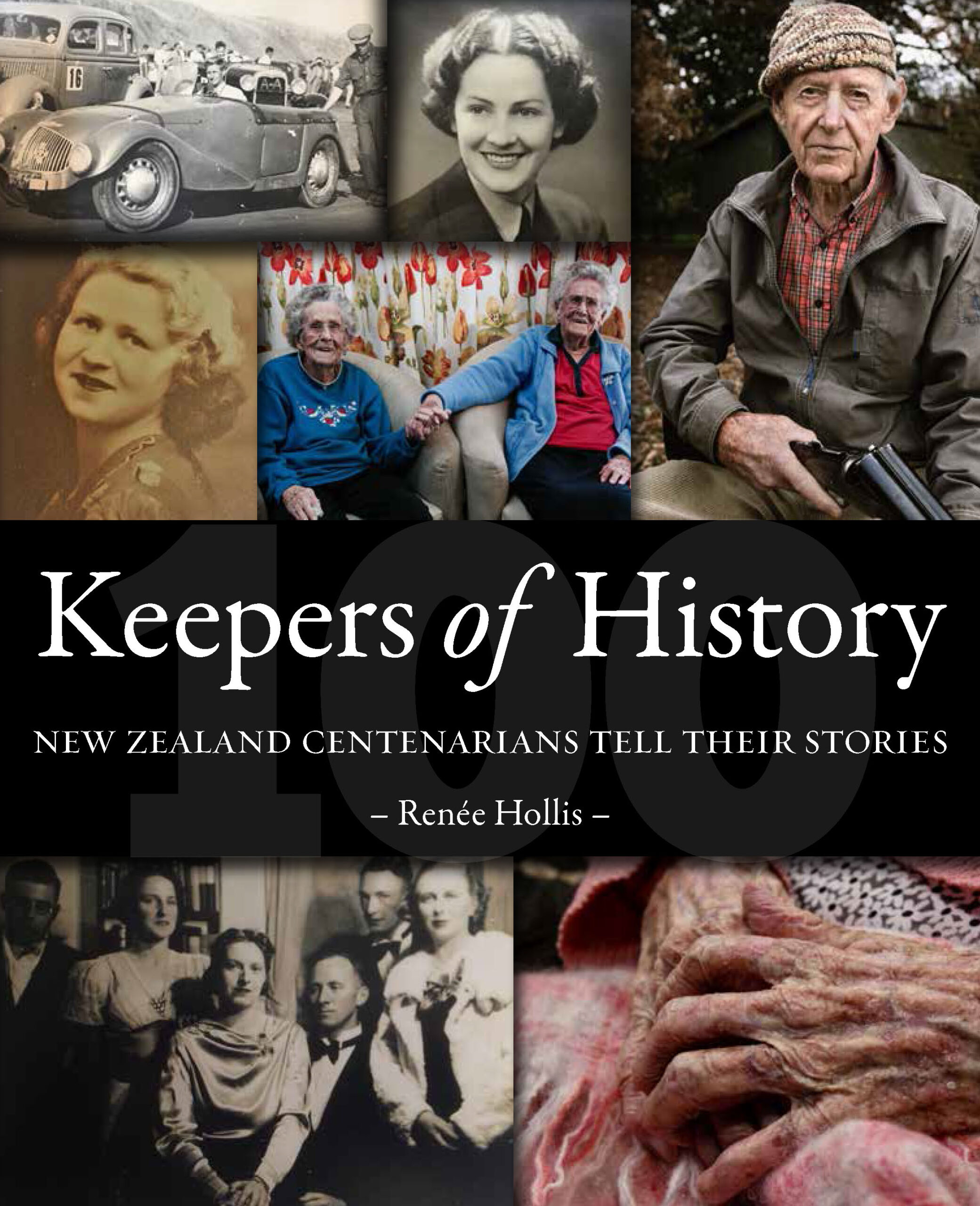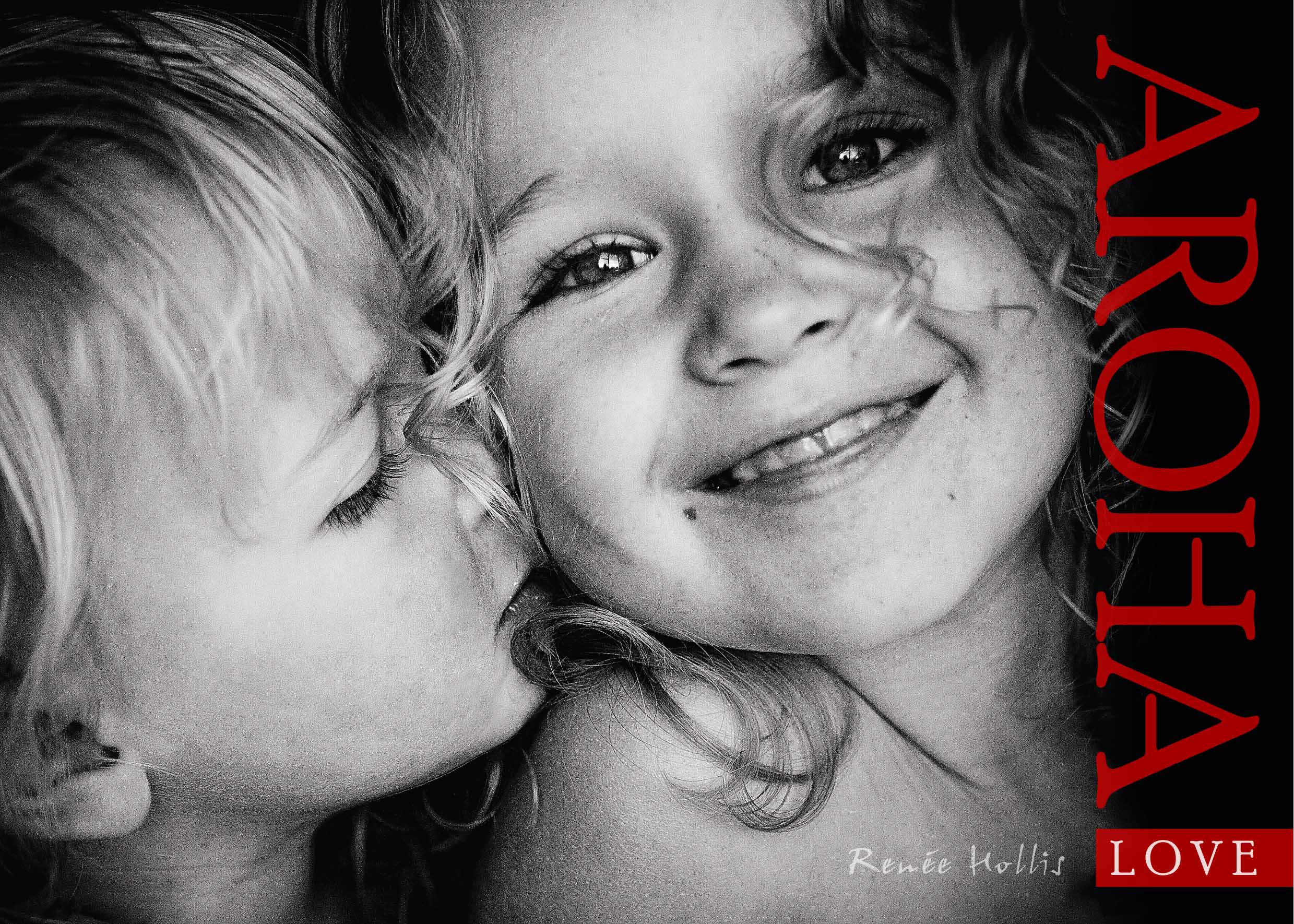Renée Hollis is an acclaimed author from Nelson, New Zealand. She has written several non-fiction books and has impressively self-published nine titles.
In researching her 2019 book, Keepers of History: New Zealand centenarians tell their stories (Exisle Publishing), Renée interviewed 120 New Zealanders, each over 100 years of age. Her book reminds us to respect and preserve the stories of our elders, and shows us we have much to learn from them. As well writing, Renée works as a publicist with Exisle Publishing. She is also a keen photographer and has previously worked as a primary school teacher in New Zealand, the Pacific Islands and Africa.
I recently had the privilege of speaking with Renée about her experiences as both an author and publicist. Here are some of her tips for writers trying to break into the industry.
1. Build a support network
Writing is a very personal experience and at times can feel quite solitary. Renée recommends connecting with other writers. They can help you test your ideas, give you feedback on your writing progress, and cheer you on if your confidence develops a bit of a wobble. Conferences, courses, critique groups, writers’ associations and festivals are all great places to connect with writers, and other creatives, and many of these are now available online.
- Get your foot in the door
As an aspiring writer, that first giant step towards getting published can seem insurmountable. Standing out from the ‘slush pile’ requires a bit of work. Renée suggests ‘thinking outside the square’ and doing some research to find a yet-to-be-explored niche. Librarians can be a great ally in this regard. Ask them about trends and gaps in the market. If your next manuscript fills a gap, it may give you a foot in the door to the book world.
3.Self-publishing vs traditional publishing
As an author who has both self-published and been accepted by a publishing house, Renée has some great advice for writers considering either option.
Self-publishing can be another way to get your foot in the door with a publishing house, but not without hard work. It requires you to be responsible for all of your own research, content, marketing and selling. It can be very demanding and potentially financially risky, however, there is also a possibility of high returns.
By contrast, the traditional publishing route is a lot less stressful. Publishing houses are set up to publish books. They have staff dedicated to all aspects of editing, marketing and selling books. This support means, however, that writers need to relinquish some of the control over exactly what happens with their books, although can vary between different publishing houses.
- Think about marketing from the outset
Without taking anything away from the beauty and creativity of writing, Renée wants writers to also be smart. The first question publishers will ask is ‘Can we sell this book?’, so it’s important for writers to think about their target buyers. If you’re writing a children’s book, these would include teachers, parents, grandparents and librarians. Renée recommends asking potential buyers to read your manuscript to get their feedback. It’s also worthwhile seeking feedback from potential readers, too.
On a broader scale, consider whether your book is relevant to a local or global audience, especially if your target publisher sells to an international market. Consider also the sorts of places that might stock your book. Is it something that could potentially be sold at tourist destinations or environmental education centres as well as bookshops?
- Be Optimistic
When speaking to Renée, something that came through very strongly for me was just how brave she’s been throughout her writing journey. She has put herself out there time and time again, and on the whole it’s paid off for her.
“Be brave!”
Some of her ‘gutsy’ moves have included contacting businesses and using crowd funding to help cover costs while she was researching and writing Keepers of History. And let’s not forget that she travelled the length and breadth of New Zealand, putting the call out on radio and television, to find and interview centenarians for her book.
Renée says that writers should be optimistic, call upon their contacts and ask for support from businesses and the community. As she says, the worst they can say is, ‘No.’
Images courtesy Renée Hollis





